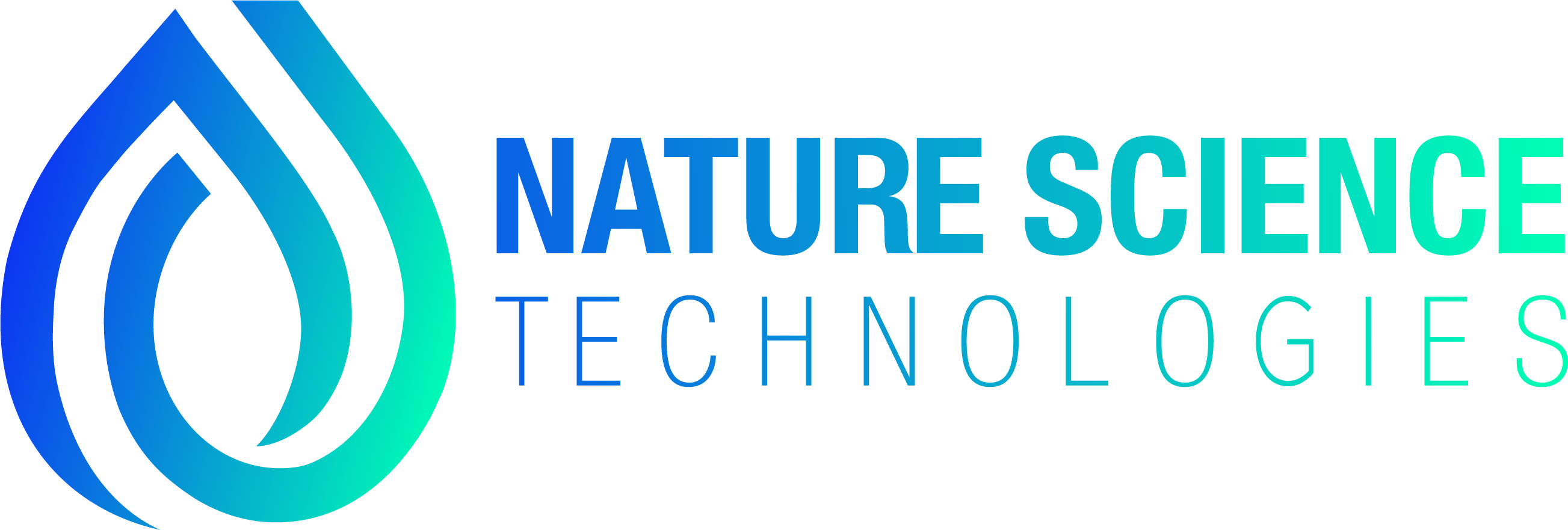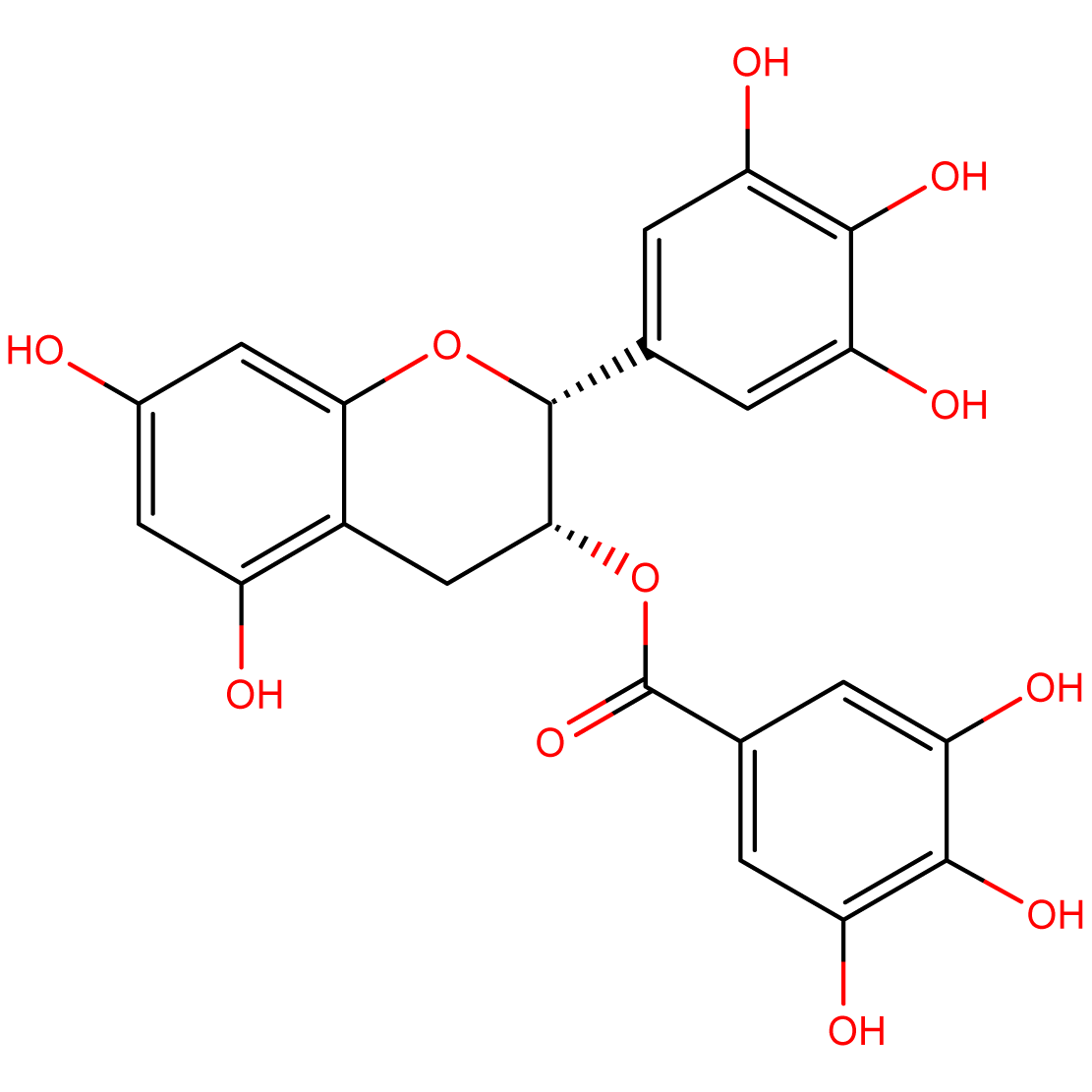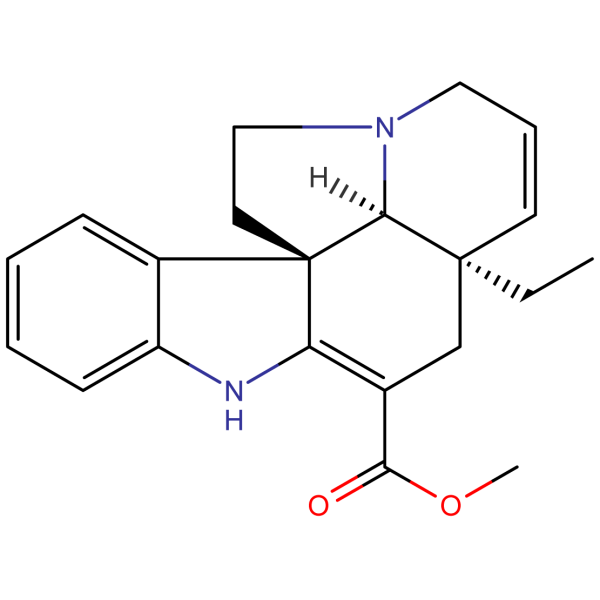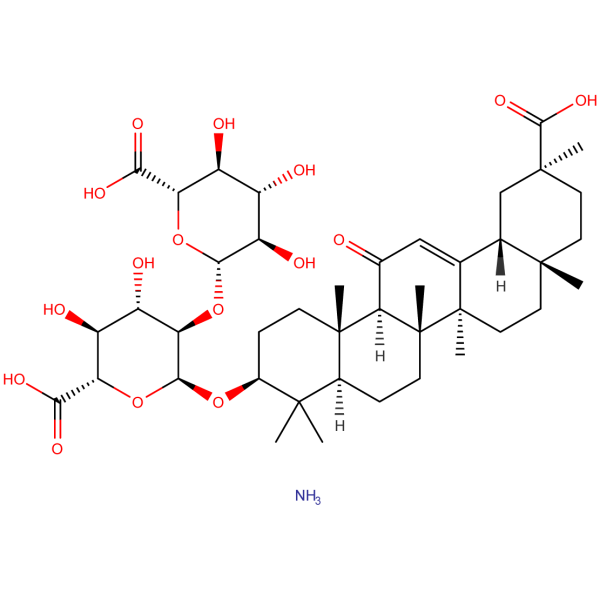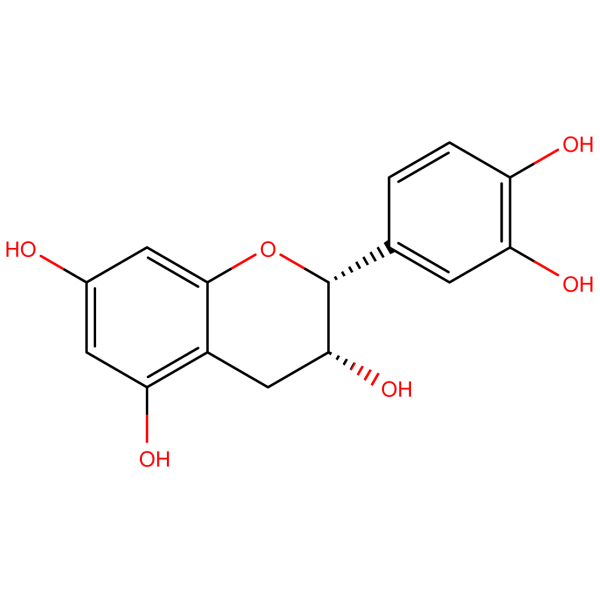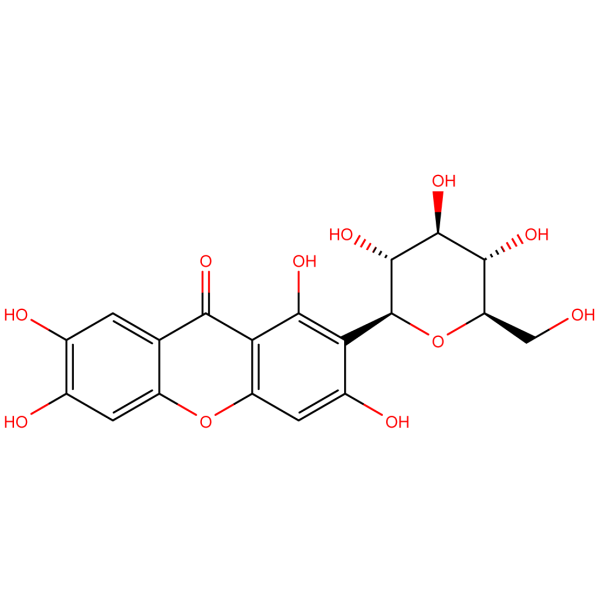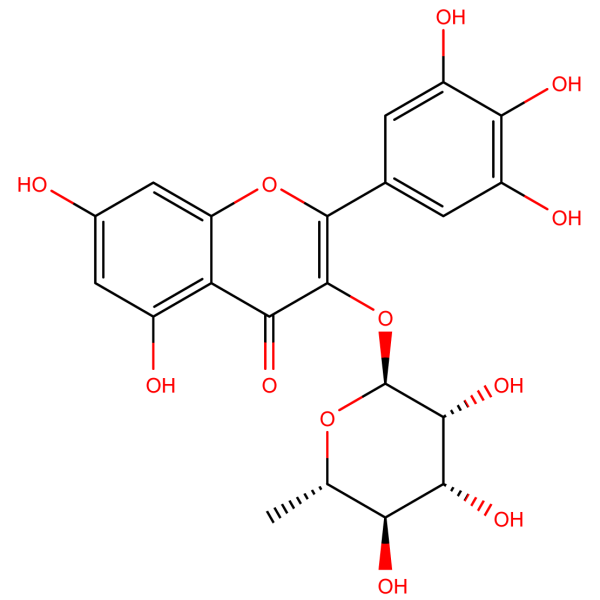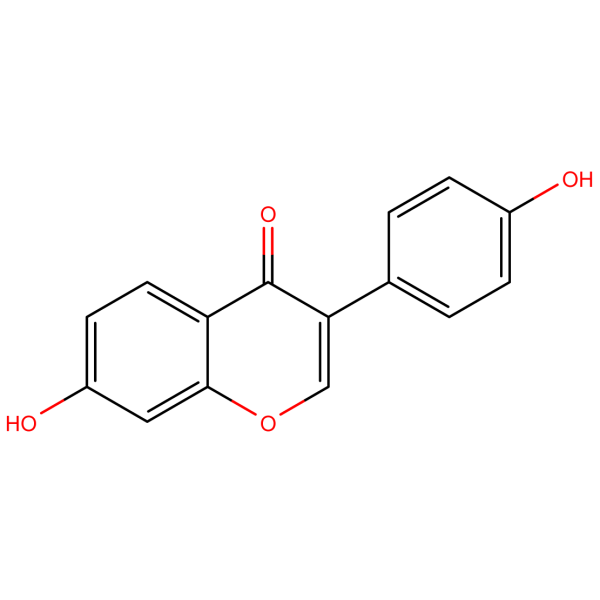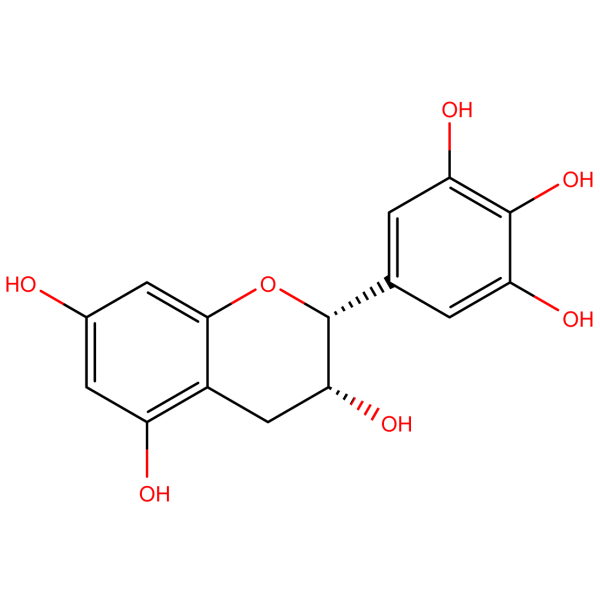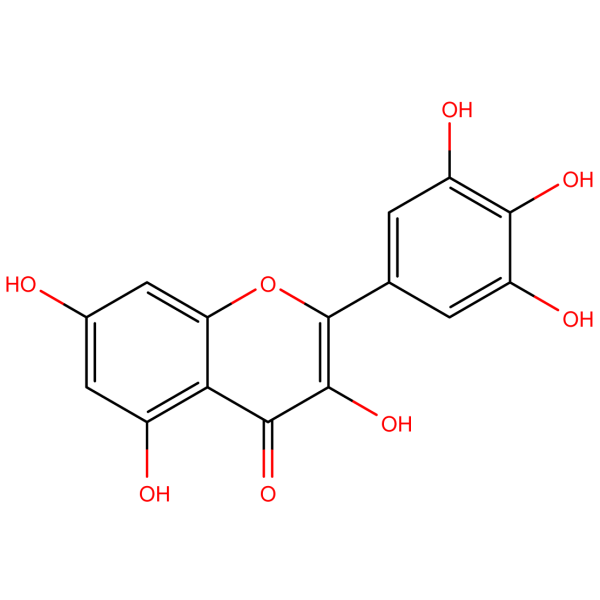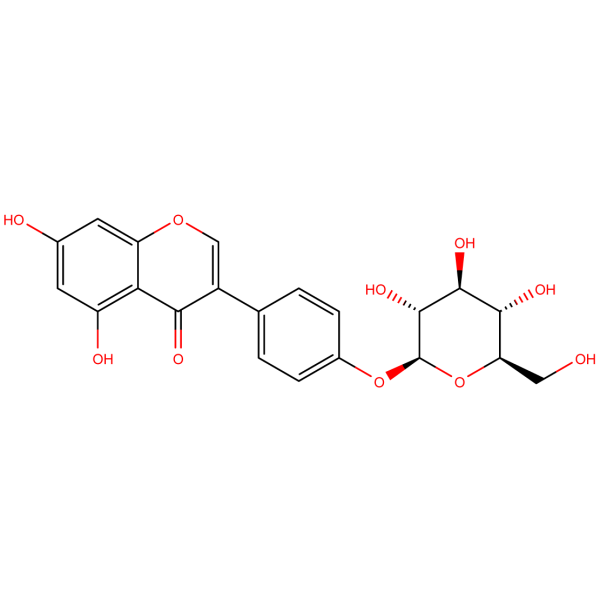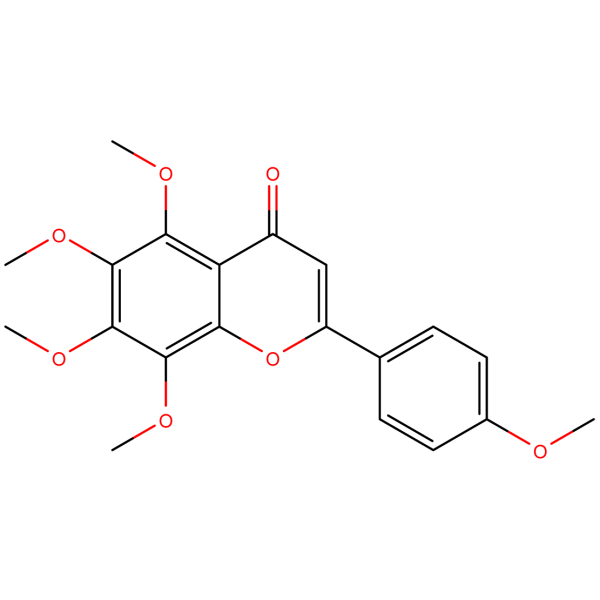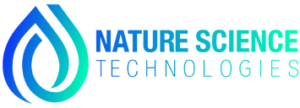Epigallocatechin Gallate (EGCG): Green Tea’s Powerful Polyphenol
1. Molecular Identity
- Chemical Name: [(2R,3R)-5,7-dihydroxy-2-(3,4,5-trihydroxyphenyl)chroman-3-yl] 3,4,5-trihydroxybenzoate
- CAS Number: 989-51-5
- Source: Primarily found in green tea (Camellia sinensis)
2. Biochemical Significance
EGCG is the most abundant catechin in green tea, known for its potent antioxidant properties. Its unique molecular structure allows it to interact with various cellular targets, contributing to its diverse biological activities.
3. Key Therapeutic Properties
- Antioxidant: Potent free radical scavenger
- Anti-inflammatory: Modulates inflammatory pathways
- Anticancer: Exhibits potential in cancer prevention and treatment
- Cardioprotective: Supports cardiovascular health
4. Potential Applications
- Cancer chemoprevention
- Weight management and metabolic health
- Cardiovascular disease prevention
- Neuroprotection in cognitive disorders
5. Current Research Focus
Ongoing studies are investigating EGCG’s effects on:
- Various cancer types and mechanisms
- Obesity and metabolic syndrome
- Neurodegenerative diseases
- Skin health and photo-aging
6. Formulation Challenges and Innovations
Researchers are actively working on:
- Improving stability and bioavailability
- Developing targeted delivery systems
- Creating synergistic combinations with other bioactives
7. Regulatory Considerations
EGCG is generally recognized as safe (GRAS) by the FDA. Ongoing research aims to establish its efficacy for specific therapeutic applications, which may lead to new regulatory considerations.
8. Future Directions
The scientific community anticipates:
- Advanced clinical trials for specific health conditions
- Development of EGCG analogs with enhanced properties
- Integration into personalized nutrition and medicine approaches
9. Collaborative Opportunities
We invite researchers, pharmaceutical companies, and healthcare professionals to explore the therapeutic potential of EGCG. For inquiries, collaborations, or to discuss how EGCG can benefit your research or product development, please contact us at sales@nstchemicals.com.
Join us in harnessing the power of EGCG – a natural compound bridging traditional wisdom and cutting-edge health science for innovative therapeutic solutions.
